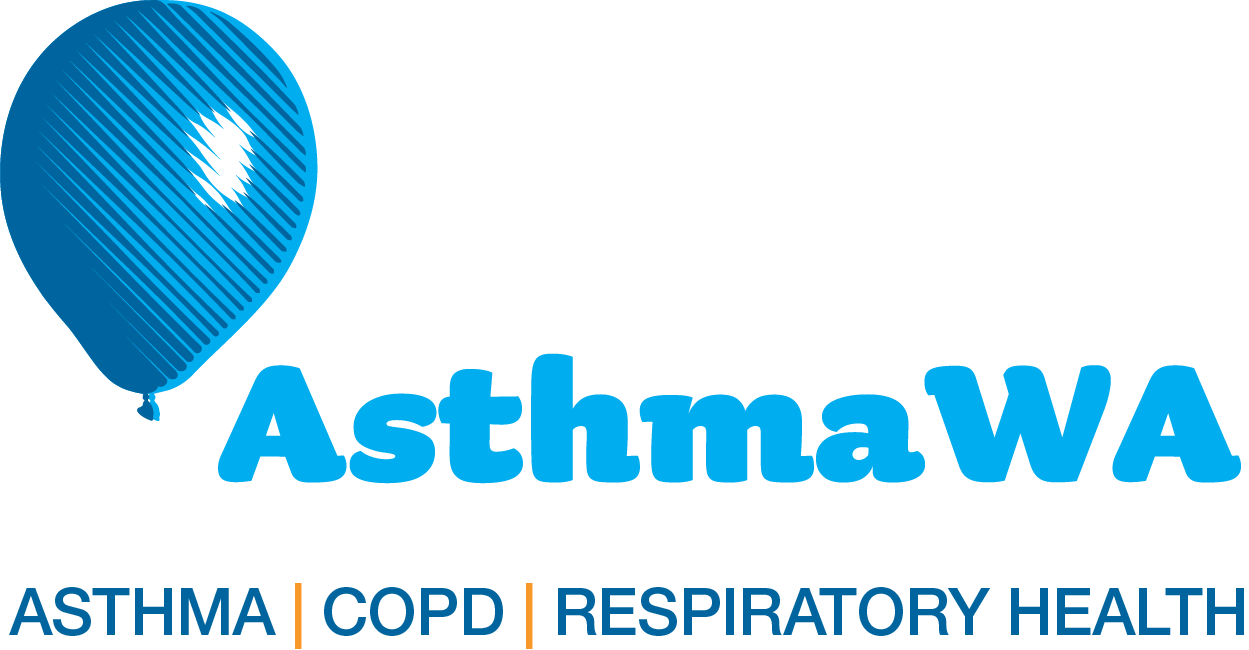
We are often asked whether the Flu Vaccine is really that important and if so, the best time to get it. If you are undecided, here are some fast facts that may help.
- The flu is a contagious respiratory disease caused by influenza viruses. It can affect the nose, throat and lungs. It is not the same as the common cold, and can cause a mild to severe illness, occasionally even death. Asthma and other respiratory conditions can affect how severe your flu might be.
- The flu vaccine is made from an inactive flu virus. It is not made from a living virus and does not cause you to ‘catch’ the flu or cause a cold. If you are exposed to the flu virus after you have had a flu vaccine, your immune system will recognise the virus and immediately produce antibodies to fight it.
- It can take up to two weeks to develop protection, so during this time it is still possible to contract the virus.
- The flu vaccine is developed to protect people against a specific strain/s of influenza that is predicted to be prevalent in the season ahead. It needs to be repeated every year, prior to the winter flu season commencing. The flu vaccine will not provide you with suitable defense against all other colds nor be the cause of a head cold you may catch after having received the vaccination.
- Sometimes a person who has been vaccinated can still get the flu. This is likely because they have either been exposed to the virus before the vaccination has taken full effect or because the virus has evolved over the season and the original strain/s that the vaccine was designed to prevent is not as effective.
- Some people are especially vulnerable to contracting the influenza virus and suffering serious health complications from the illness. It is for these people and those who are connected to them, that we highly recommend receiving an annual flu vaccine to reduce the number of people contacting the influenza virus in the community – this is known as Herd Immunity.
- The flu can make existing medical conditions worse, causing high fever and even pneumonia. It is easily spread by coughing, sneezing, or touching contaminated surfaces and then touching your mouth or nose. Maintaining good hand hygiene and coughing into your elbow or a tissue is essential in reducing the spread of flu and other infections. Ensure used tissues are disposed of appropriately.
- We recommend getting your flu vaccination in Autumn, prior to the flu season, however as the flu shot becomes available, it is important to speak to your GP regarding when they think is the best time for you. For instance, if you are travelling overseas in April, it might be best for you to receive the flu vaccine before you leave the country.
- The following groups are eligible to receive free government funded flu vaccination: Pregnant women (at any stage), children aged 6 months to less than 5 years, people 65 years and older, Aboriginal people 6 months and older, and people 6 months and older with medical conditions that put them at risk of severe flu, including:
-
-
-
- Cardiac conditions
- Chronic respiratory conditions including asthma, COPD
- Chronic neurological conditions;
- Immunocompromising conditions;
- Diabetes and other metabolic disorders
- Renal disease; chronic renal failure
- Haematological disorders Haemoglobinopathies
- Long-term aspirin therapy in children aged 6 months to 10 years; These children are at increased risk of Reye syndrome following influenza infection.
-
-
